Land leasing in Ethiopia: a shameless land grab by the rich or an opportunity for the poor?
- BBC
- 25 February 2010
"What they are saying is that the local people are now suffering very badly as a direct result of these foreign companies taking over."

"What they are saying is that the local people are now suffering very badly as a direct result of these foreign companies taking over."

"Today, the Oromo issue is not hidden from the world leaders and stakeholders. However, it is being ignored. The Meles regime is selling Oromo land on world market, although this government does not have the right to sell Oromo land."
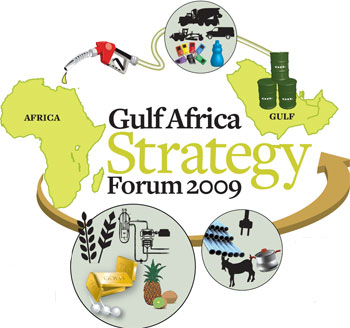
The lack of systematic collection of data and categorising private and official investments from the Gulf has made it difficult to reach an accurate estimate of total investments, made so far.
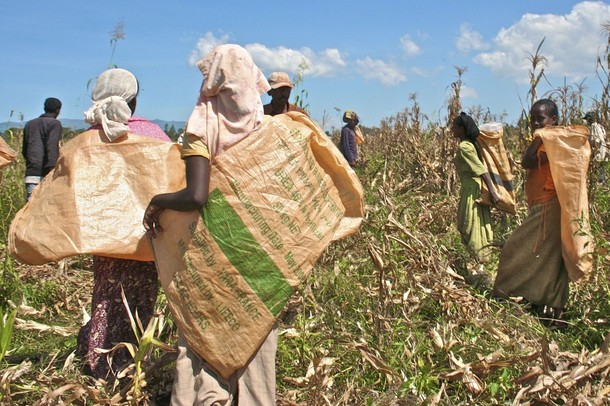
"What Karuturi is doing is what Africa needs, wants and deserves," says Ram Karuturi. Yet 400 Ethiopians have signed a petition saying they received no compensation after being evicted from land taken over by Karuturi.

Saudi Star Agricultural Development Plc, the newest food growing company formed by Mohammed Hussein Ali Al-Amoudi, is to acquire 100,000sqm of land in Bishoftu (Debre Zeit) this week, its senior official disclosed.
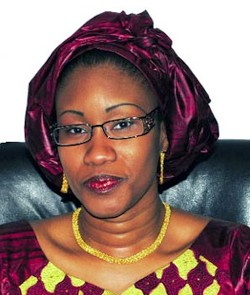
Runaway farmland and borderland giveaway deals need to be publicly scrutinized to ensure transparency (detect corruption and criminality) and to make certain that private interests (sweetheart deals) have not overtaken the public interest, or secret deals are not made to harm the Ethiopian national interest.
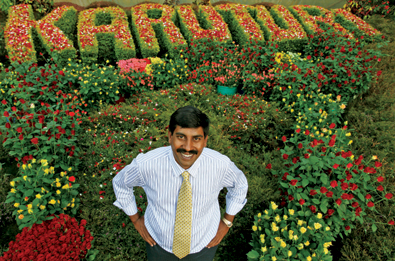
Standard Chartered Bank's Africa private equity arm and a unit of Reliance Capital are in talks to invest in Dubai-based Karuturi Overseas.

Ethiopia must harness its enormous agricultural potential, not by selling it off as a cheap commodity, but by supporting farmers in growing culturally appropriate crops for domestic markets, using agro-ecologically sustainable farming methods.
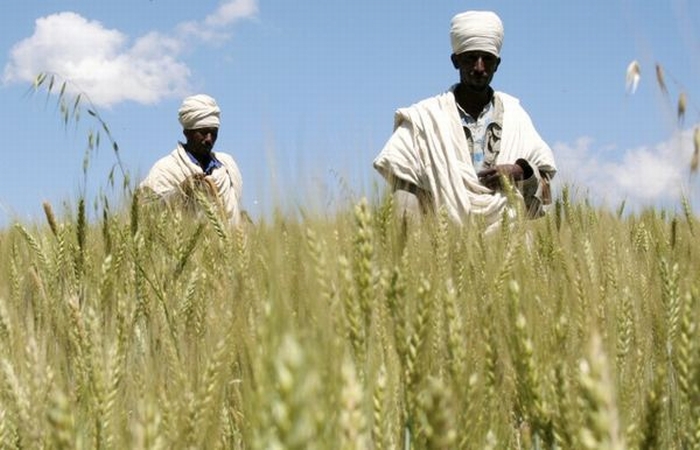
The main objective of this essay is to draw the attention of fellow Ethiopians to the issue. So that it stays front and center in our contemporary political agenda, until we manage to mobilize the necessary popular pressure and try our best to stop it from taking effect.

As swathes of their country’s land is leased, cleared and prepared for food production by foreign companies, Ethiopians are divided over whether this constitutes ‘agro-colonialism’ or much-needed development
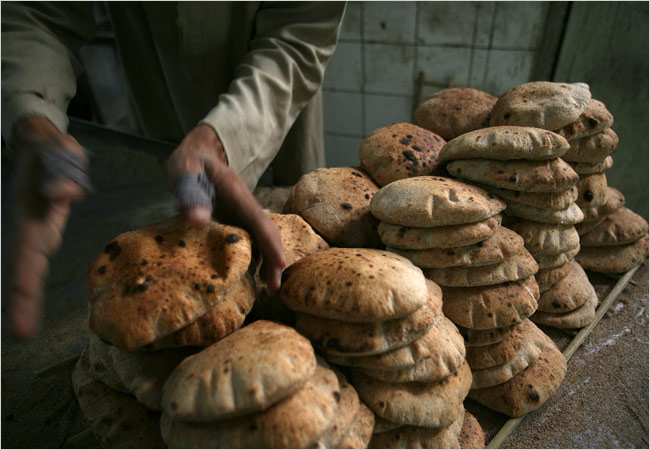
Heightened land values have caused several Egyptian banks, private companies and government bodies to purchase agricultural land in Africa, in addition to focusing greater attention on Egypt’s land resources.

How could Meles know the legitimate owners of the land, namely the future generation of Ethiopians, may not need the land say 20 years from now?

|
CAR offers land ownership using cryptocurrency
|